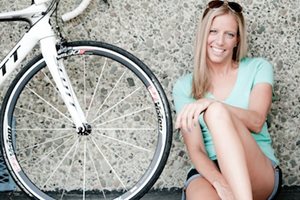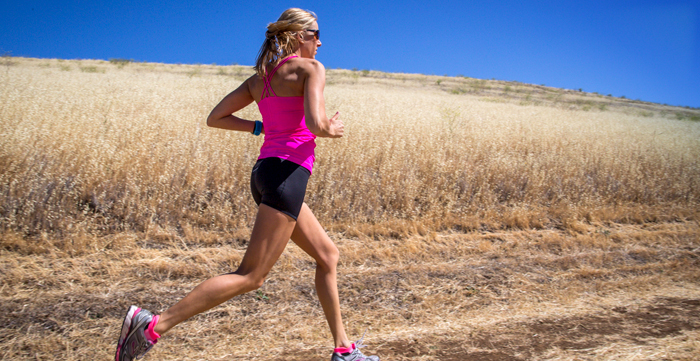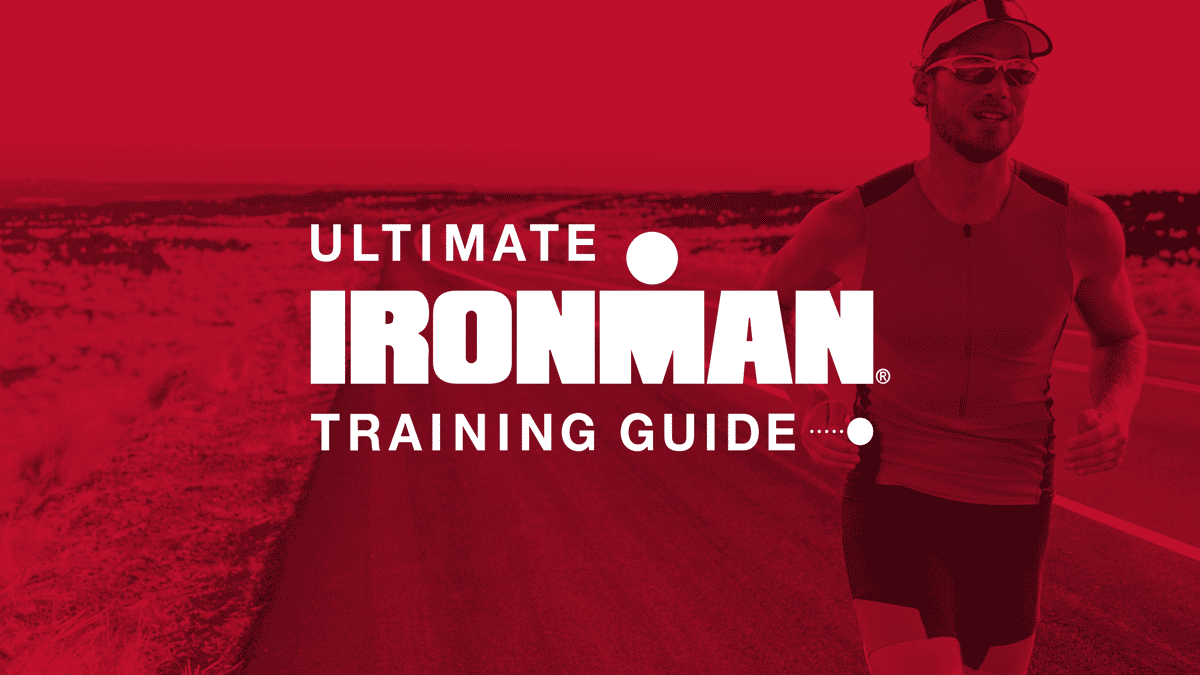Balance is a continual theme for every athlete. For age group racers, having to fit in the necessary training to meet your goals is always done in the few hours you can spare between other life commitments. Every week has its different stresses, and some weeks are better than others. Just as you can look at your training in terms of stress load, you should also consider looking at your overall life in terms of stress load.
Triathlon coach Jesse Kropelnicki came up with the idea of a total “stress budget” and explains it as “ the maximum level of stress that can be added to your system without it being counterproductive.” He also talks about good and bad stress. The “good” being training stress and the “bad” being all the outside stressors that are put on you including work or personal stress. All of your stress, including your training stress, adds up to your “total stress budget”. Every athlete has a limit on their stress budget and how they use that budget, either with good or bad stress, is up to them.
Many athletes hope to have it all. They want to be at the top of their profession but also want to be at the top of their age group. As you can imagine, this means a lot of stress. Very few can find the right balance. Even fewer find the balance and are at the top of both their profession and their passion. Caroline Gregory is one of those few–a pro triathlete and full-time attorney.
Growing up as a swimmer in Michigan, Gregory attended the University of Michigan and was a rower while in college. After graduating she decided she wanted to do an Ironman and jumped right into Ironman Couer D’Alene in 2003, her first triathlon.
While in law school and taking the bar exam she basically had to take a complete break from the sport. But once she took a job as a litigation attorney, she started to get back into some training. “Training served as a great stress management tool to deal with the inevitable daily work stress that comes with life as a litigation attorney. Training sessions were an opportunity to relax my mind and let my body take over,” she said. That led to Gregory getting back into the sport of triathlon. With steady improvement and disciplined training she made the step up from amateur to pro in 2011. Her decision to go pro was validated with fourth place at her first race, Ironman Couer D’Alene. After many years in San Diego, Calif. she recently moved north to the Bay Area to take a job with San Francisco-based software company, Accela Inc.
Many athletes use training as a way to get away from the stress of work, but when your training is also considered work that can be another source of stress. For Gregory, planning is the key to staying on top of everything. “Trying to balance two full-time jobs makes time my biggest stressor and limiter. I utilize TrainingPeaks to keep my training organized and on track towards my racing goals,” said Gregory. “I look at my plan each week, and focus only on execution. I am lucky to work with a coach, Tim Snow, who helps me manage my stress and keeps me focused on only what I can control.” By creating a plan and sticking to it, Gregory is able to handle the “bad” stress of work while getting the “good” stress of training.
An early riser, Gregory maximizes her mornings as best as possible. “I wake up a 4:30 a.m. to swim with an age group swim team here in the Bay Area. It’s all national-caliber high school students.” She uses her CompuTrainer during the week to maximize her bike training time. Then any short workouts she has, she can do at lunch. “I try to do all of my quality [training] in the morning, then use the evenings for easy recovery sessions or strength training. I know I can can get a lot more out of myself in the morning so I maximize that time,” she said.
With a fully structured life, when something goes awry the ability to make adjustments and move forward is a key. Missing a workout happens to everyone. Some get stressed and feel like they need to make up the work. Gregory though has become adept at dealing with the inevitable missed day. “I think it’s a maturity thing. I missed this swim so now I’m going add a swim tomorrow. If it’s gone it’s gone. The second aspect is rest. I embrace it, I love it and I do it,” she said. By letting missed workouts go Gregory doesn’t add to her “bad” stress with worries over missed days.
 For Gregory rest is as important as training. “After my long weekend training sessions I often question whether I should head downtown for various social opportunities or stay in to focus on proper refueling and recovery. The reality is, this is the only time all week I do get to do recovery properly. Remembering that most of my competitors have way more time for relaxation and recovery often makes this decision easier.” While most professionals can recover in the evening, Gregory is usually having to put in a few more hours of work. She does use massage, ART, foam rolling, Compex, and recovery boots to maximize her recovery as much as possible. By embracing rest periods they become a “good” stress, and it even helps her unwind from the “bad” stresses as well.
For Gregory rest is as important as training. “After my long weekend training sessions I often question whether I should head downtown for various social opportunities or stay in to focus on proper refueling and recovery. The reality is, this is the only time all week I do get to do recovery properly. Remembering that most of my competitors have way more time for relaxation and recovery often makes this decision easier.” While most professionals can recover in the evening, Gregory is usually having to put in a few more hours of work. She does use massage, ART, foam rolling, Compex, and recovery boots to maximize her recovery as much as possible. By embracing rest periods they become a “good” stress, and it even helps her unwind from the “bad” stresses as well.
Trying to plan out an 8-month race season can be difficult, but being a pro has its advantages. “You have to know that with the pro system you look at the positives. We have the ability to sign up for races late. So although we need to plan out our season you can change it on the fly based on what’s going on. You can only have so many big peak races in a year. Although maybe I don’t know which race I’m going to do I have an idea: ‘I’m going to race in March, I’m going to race an Ironman in August.’ Which races those are, I have the luxury of not specifying.” Once again Gregory relies on a plan to keep what could be a major stressor in check.
Gregory continues to find motivation to take on both of these demanding jobs. “You need to ask yourself: ‘What will get me up every morning, at 4:30, excited to train?'” She adds, “On those cold and dark mornings I remind myself that ‘I get to do this. It is an absolute privilege to race as a professional.’ I love it and am motivated to reach my ultimate potential in this sport.”
Gregory says that this year she likely won’t chase points to get to Kona. Instead what motivates her comes down to something quite simple: “to win. Both in career and sport. I know I have what it takes to get back to the top. I haven’t executed the perfect Ironman race and look forward to having my day. I have no doubt that I have all the tools I need to make this happen in 2014.”



